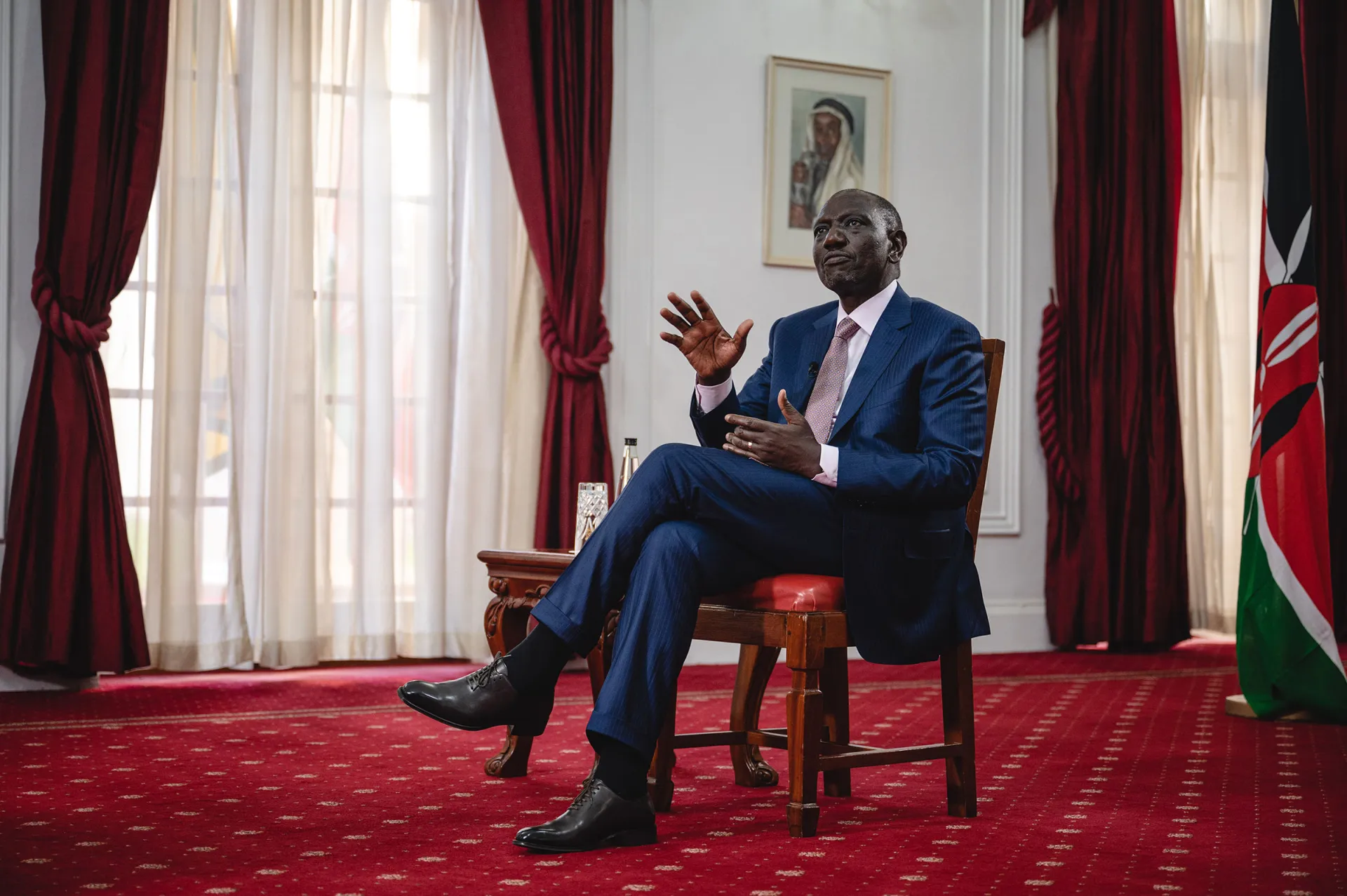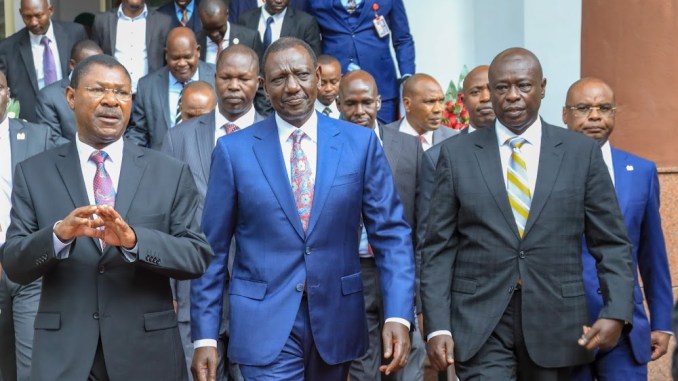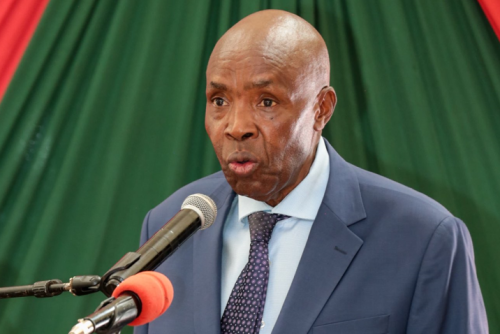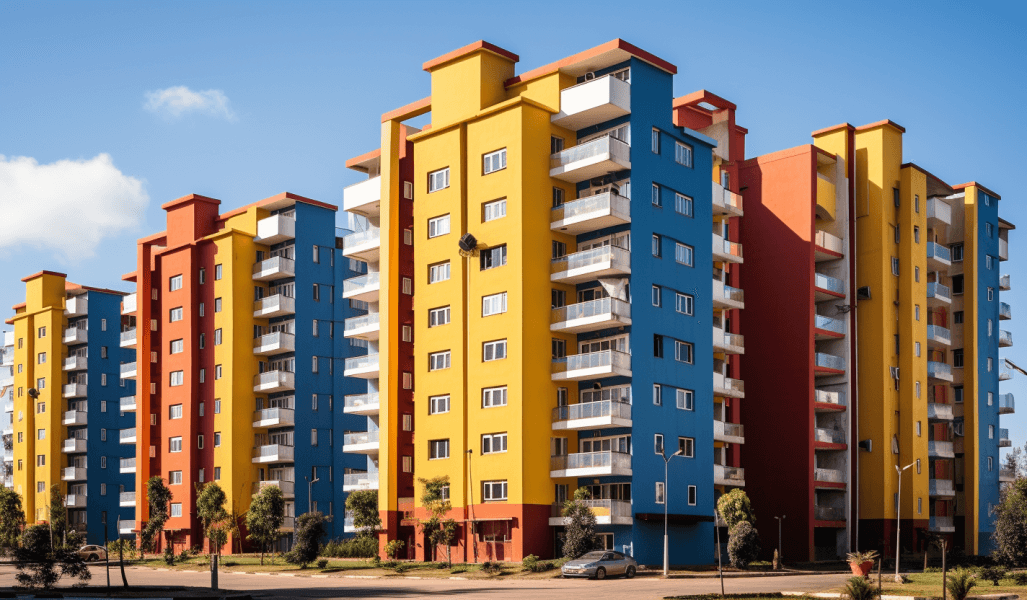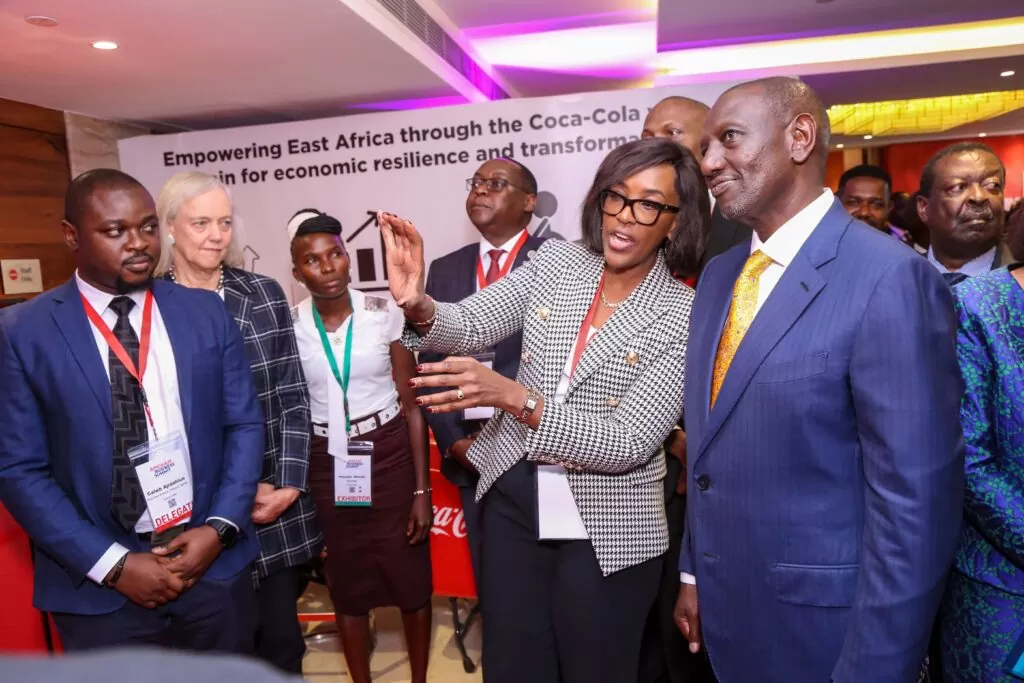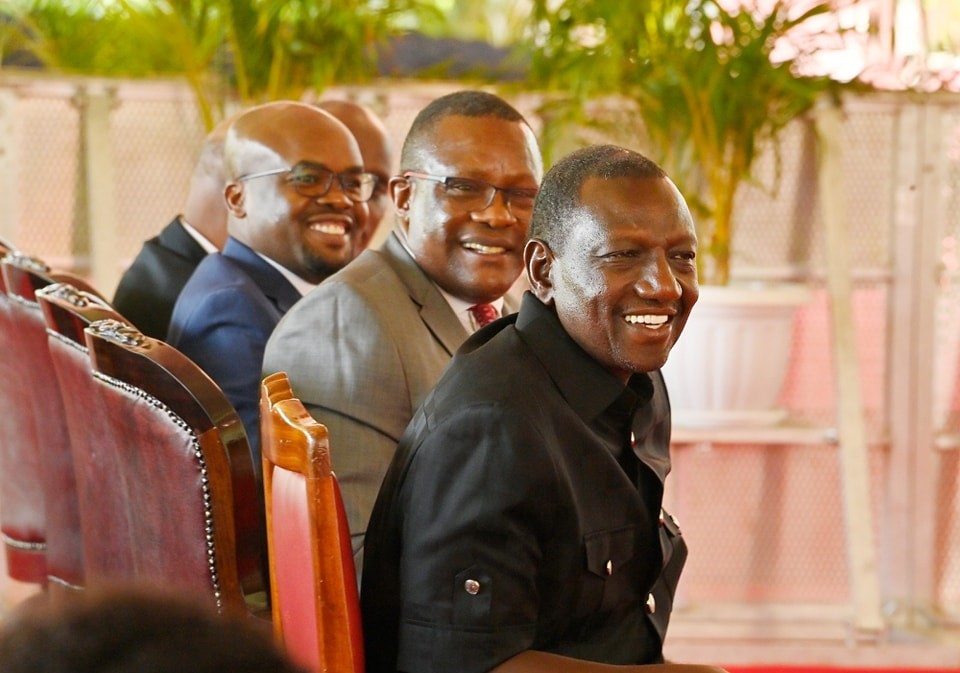
Like most societies angling for a strategic placement around technological innovations for economic development, Kenya is doing everything to be counted as an influential participant at the Artificial Intelligence table.
This strategy is spurred on by the Bottom-up Economic Transformation Agenda 2022-2027, a governing philosophy of President William Ruto’s current administration. Through the agenda, we have an ongoing sectoral reform process. A team of diverse Kenyan professionals have been tasked with evaluating the operational framework of every structure under the Ministry of Information Communication and the Digital Economy (MoICDE).
With a plan to place the country on a path of global competitiveness, the legal, policy and regulatory frameworks have to be realigned with current global standards. Supporting the Kenya Kwanza manifesto are the East African Community Vision 2050, the United Nations 2030 Agenda for Sustainable Development, which outlined some 17 Sustainable Development Goals, and the African Union’s Agenda 2063 Sustainable Development Goals.
While Generative AI (GenAI) burst onto the scene following the launch of ChatGPT in 2022, the concept of AI is not new. GenAI takes AI one step further with its ability to create entirely new content including text, images and audio. Holistically, the technology is capable of bringing the power of AI to the masses while accelerating the wider democratisation of innovation.
There is still, however, the requirement of bold leadership, a shared vision and direction, and the collective effort using policy levers in a coordinated manner, and mutual accountability to address the general challenges of AI adoption. Those challenges are centred around bias, inequality, authenticity, infringements, as well as the heavily-debated existential concerns around regulation and copyright.
According to the United Nation’s Global Sustainable Development Report 2023, GenAI is essentially unbounded in helping attain the SDGs. This clarion call was supported by the launch of Google’s AI for the Global Goals initiative.
The company’s $25 million (Sh3.3 billion) commitment will support NGOs and social enterprises working with AI to accelerate progress towards the SDGs. Supporting this initiative is the European AI lighthouse with approximately €100 million (Sh14.4 billion) committed to date. It is focused on the protection of the environment, climate, nature and resources.
For Kenya to reap the full potential of economic gains from GenAI and to attain the African Union’s Agenda 2063, investment will be key. President Ruto has spent the first year in office negotiating with global corporations to invest in the country.
Within the MoICDE operational framework, Public-Private Partnership is a significant driver. These BETA strategies and objectives aim to serve employment, equitable distribution of income, economic stability, and adequate tax revenue and foreign exchange earnings for every Kenyan.
On the African continent though, Greenfield foreign direct investment (FDI) has decreased from 12 per cent of the world’s total in 2017 to less than six per cent in 2021. This compares to 15 per cent for developing Asia and 10 per cent for Latin America and the Caribbean.
Low sustainable investment is therefore a tragic paradox when so many opportunities exist. Africa’s energy sector potential alone should be very attractive to investors as we are endowed with 60 per cent of the world’s best solar resources.
Sadly, only one per cent of this very attractive potential reports an actual instalment of solar generation capacity. Our continent also boasts the world’s youngest population, with a median age of 19. To exploit this opportunity as well, we must strategically invest in our youth to fully realise its significant opportunities.
Through funding agencies such as the Gates Foundation, Kenyans are now piloting GenAI projects where LLMs target non-communicable disease risk factors among the youth. Also through ChatGPT4, a Kenyan has developed a system that advances healthcare communications by enhancing physician-to-patient interactions within low-income communities. In the education sector, another Kenyan has developed a personalised tutoring system using AI tools.
Because of the integration of GenAI capabilities into software, applications and workflows, we expect the technology to represent a significant key driver of disruption for our country. Also because AI’s LLM modal design allows for simultaneous language translation capability for better research processes, this will lead to the possibility of coming up with new cures for diseases such as cancer and Alzheimer’s. There will certainly come forth methods to generate low-cost clean energy, as well as developing crops which can withstand climate change.
Cabinet Secretary, Ministry of Information, Communications and the Digital Economy

